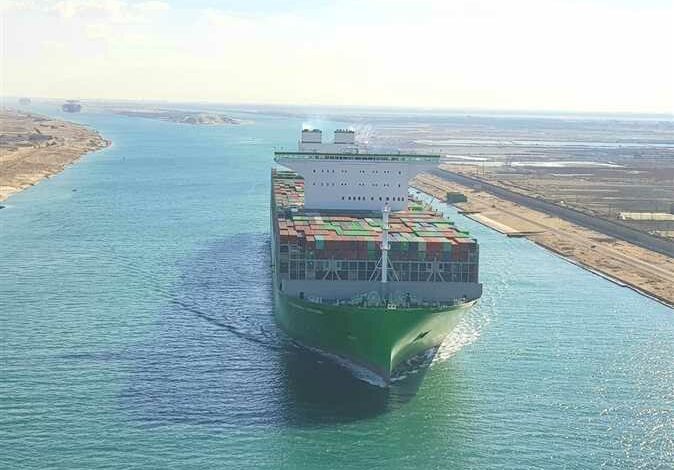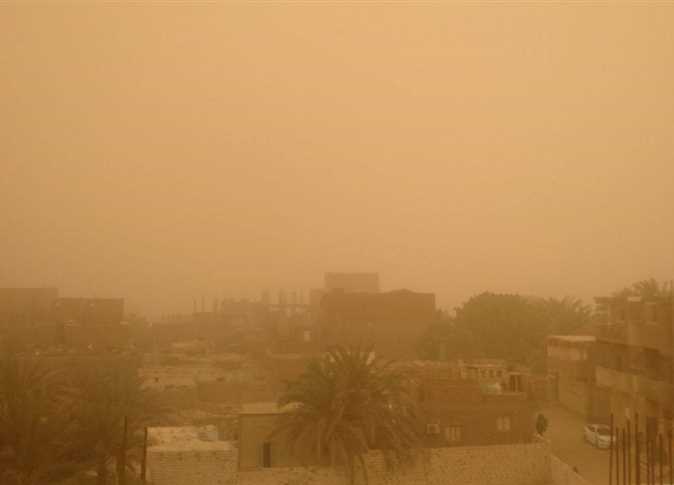
The Chairman of the Board of Directors of the Commercial International Bank, Hesham Ezz al-Arab, said on Sunday that the that the negative impact on navigation in the Suez Canal is impacting global supply chains.
He explained that Egypt can compensate for the decline in Suez Canal revenues by:
- Increasing tourism rates
- Obtaining a loan from the International Monetary Fund
- Improving remittances from Egyptians abroad
Speaking in statements to the CNBC in Arabic channel, Ezz Al-Arab explained that the Central Bank of Egypt is trying to maintain a positive interest rate, noting that “we are heading towards clear declines in inflation rates.”
He also stated that the speed of adjusting energy and subsidy prices was more than the economy and society could bear.
The latest adjustment to energy prices will leave its impact on inflation rates, he added, and the speed of implementing the reforms agreed upon with the International Monetary Fund may be “unhealthy.”
Ezz Al-Arab explained that the continued stability of the foreign exchange rate is due to the convergence of supply and demand, and the demand for foreign exchange if it exceeds supply without a movement in price will lead to problems.
The Suez Canal’s revenue has taken a significant hit over the past seven-eight months, due to Israel’s escalating war in the region and its consequences.
President Abdel Fattah al-Sisi announced late September that these losses could reach between 50-60 percent of total receipts, potentially amounting to six billion dollars.
Earlier in February, Sisi explained that Suez Canal revenues had fallen by between 40-50 percent due to tensions in the Red Sea as a result of Huthi attacks made in solidarity with Palestine.



